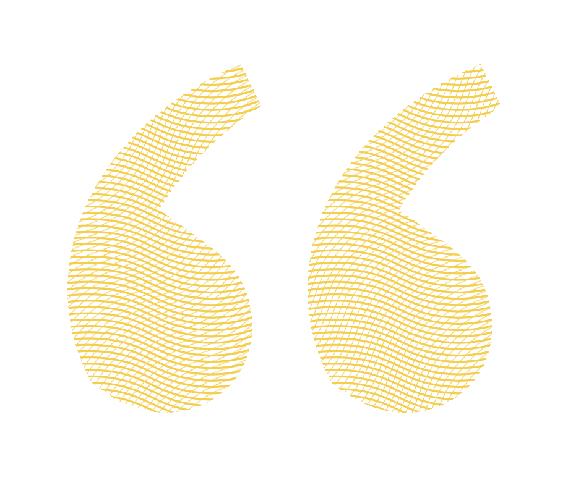
3 minute read
The Regret Minimisation Framework
from Insight No.11
by Shameer Thobhani
In the late 1980s, after graduating from Princeton University with degrees in electrical engineering and computer science, a young man undertook a series of jobs in the finance industry before being hired into the quantitative division of the secretive hedge fund, DESCO. DESCO pioneered the use of computers to predict and exploit anomalies in financial markets, and with this young man’s skill-set and background, he found a natural fit. Within seven years, he was one of only four Senior Vice-Presidents in the group, earning a lucrative salary with the real potential of exponential success.


One day, whilst working for this hedge fund, this now 30-year old noticed increasing interest in the internet and worked out that in the year alone, web activity had gone up by roughly 230,000 percent. This was startling; very few things grow that fast. Armed with this revelation, the seeds of an idea started to form and within weeks, he informed his boss, David, that he wanted to resign to pursue it. What happened next has become internet lore. His boss invited him for a walk in the park to discuss his decision, and the young SVP agreed to think it over for a few days. During this time, he had been reading the book ‘Remains of the Day’ by Kazuo Ishiguro, which tells the story of a butler recalling his life choices during wartime. Inspired, the young man came up with the idea of the “regret minimisation framework”. The idea was to project yourself into the future and reflect on your decision from that perspective. He realised that as an 80-year-old, he wouldn’t regret foregoing yet another large financial bonus but would would regret even more not participating in this revolutionary thing called the Internet. His parents advised him to work on the idea on evenings and weekends without giving up a fantastic Wall Street job, but he decided to go all in. The decision to take on enormous professional, financial and personal risk was made. Now, we can all imagine how difficult it would be to make such a choice amid what must have been many raised eyebrows. But had this young man not taken on such a risk, Amazon would have never been created, and the world would never know the name Jeff Bezos.
Every decision we make from childhood onward, no matter how large or small, has its own risks. When I left my investment banking job to pursue my entrepreneurial ambitions, I don’t think I fully understood the risks I was taking, but I was unconsciously following the “regret minimisation framework”. I often felt that I wanted to look back on my life with a sense of pride as to what I had achieved, and a lifetime in finance working toward a yearend bonus didn’t seem like too noble a pursuit. Having grown up in a household with both parents owning their businesses, I had witnessed first-hand the difficulties and deep emotional stress that come with that, alongside the beautiful highs when everything goes right.
This DNA has flowed through to our mission at InvestIN. Everything we do at InvestIN is geared towards empowering young people to make huge life-changing decisions in the face of uncertainty and risk. In essence, by allowing students aged between 12-18 to have an immersive experience of their dream career, we provide a way for them to truly feel what a job is like, alongside professionals who work in those industries, thereby allowing them to decide on their future, maximise their potential, and yes, minimise regret. Alongside more traditional careers like engineering, law and medicine, we help students to explore their future in art, fashion design and filmmaking and, of course, entrepreneurship so we can equip students to forge their own business endeavours. Through providing a set of actionable and impartial risk-reward parameters for the decisions they make from 12 years old onward (GCSE/ A-level choices, university decisions, and extracurricular options), we seek to create a more precise lens through which students can view the impact of their judgments.
The world is changing so fast, exponentially so, but in InvestIN, with the help of Dukes, we are proud to be creating a new generation of thinkers and doers who have the drive and ambition to help themselves, help each other and become genuinely successful global citizens in a variety of fields. A mere ten years later, over 50,000 students from over 100 countries have attended an InvestIN programme, and we are not yet nearly done with our mission.
And, as for me, despite the challenges, risks, and adversity, do I regret my choice to pursue this instead of a career in finance?
As Pythagoras wisely remarked, “the oldest, shortest words — ‘yes’ and ‘no’ — are those that require the most thought.” With deep conviction, I can answer this question, with a crisp, resounding — no n











